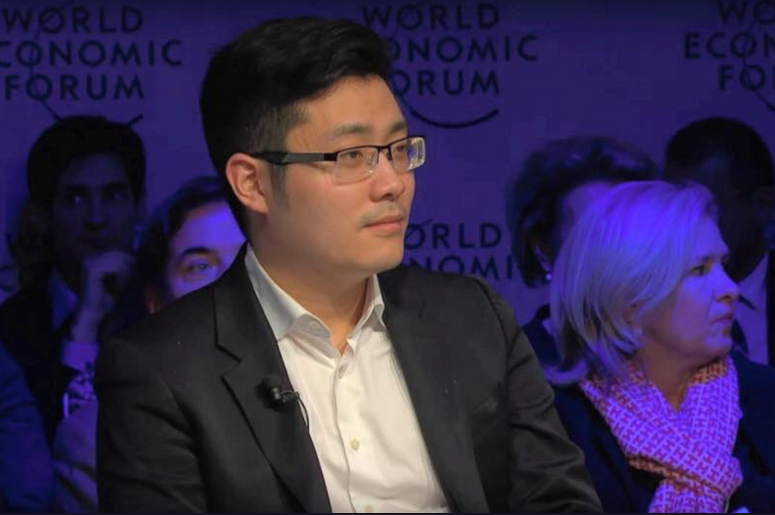Entrepreneurs all agree on one thing: Without customers, you don’t have a business. However, finding new customers is a consistent challenge for many businesses under normal circumstances, let alone during a pandemic.
Fortunately, I’ve found there is one proven principle that can help find new customers — listening to our customers and to new prospects.
I know this sounds simple. And you probably believe you already talk to enough customers as it is. The key word: listening.
The entrepreneur’s dilemma
Before I explain what to listen for, I think it’s important to recognize why this is an issue for so many business leaders in the first place.
Entrepreneurial people are often seen as nonconformists by the general population. Which makes sense. Entrepreneurs are brave (or crazy) enough to do things no one else has ever done. Name any innovation in the history of humankind, and there’s a 99% chance the person who led its creation was seen as an outlier or a rebel — someone who didn’t listen to what everyone else said was possible.
And therein lies the irony: Entrepreneurs inherently don’t like to listen to other people!
While this determination and ability to ignore our critics is what allows entrepreneurs to focus on achieving great things, it can accidentally become a pervasive habit with negative consequences. We can become out of touch with what our customers want and need.
Successful entrepreneurs lead by actively listening to our customers, which establishes a powerful feedback loop that drives enhancements and innovation in our companies and, ultimately, helps us attract new customers.
It’s not easy, but it’s important
I was reminded of the importance of talking to customers during a recent “Founders Focus” discussion I had with Tim Hwang, founder and CEO of FiscalNote, as part of DC Startup Week.

FiscalNote CEO Tim Hwang speaks at the World Economic Forum, Jan. 23, 2018. (Photo via Twitter)
This is how Tim described his rigorous approach for listening to customers during the early stages of his company’s development:
“My cofounders and I had a massive Google spreadsheet. We filled it with thousands and thousands of customer names and just cold-called customers for weeks on end. We were trying to understand what their needs were, what price points they were willing to pay … and trying to understand what the sales cycles would look like. And then we took all that feedback and started crafting strategy around it.”
The process of listening to customers was built into the FiscalNote team’s strategy on day one, which helped them grow into one of DC’s largest tech companies that globally powers almost 5,000 of the world’s largest and most influential law firms, legal departments and governments.
How to listen and what to listen for
Here’s my approach:
Talk to 20 customers this month.
- That’s only one customer a day on average. Every leader can make time for that. I get a long list of customers — or prospects — contact information. I block my calendar for stretches of uninterrupted time, and get to work. The more people I talk to, the greater my chances are of identifying patterns and insights in our customers’ experiences or expectations.
Get to know them as people.
- I ask who they are and how they got to this place. Why do they do what they do? Ask what they hope to achieve. Ask about their challenges and how they see the world.
Let them get to know you.
- I share a little bit about myself along the way. I don’t interrogate them — it’s a conversation. As the discussion unfolds, I replay their definition of their challenges back to them and confirm I understand. Remember, this is not a sales call. This is a learning call.
Take good notes.
- I know I’ll want to review them and identify insights to share others on my team. Sometimes I’ll ask to record them and have them transcribed so I can focus on the conversation more.
Resist the urge to solve in the moment.
- My primary goal is to capture feedback and better understand our customers motivations. I try to spend 75% of the time listening to them. I’ll have a chance to solve it later.
Be consistent.
- The habit of talking to your customers is one that we need to bake into our expectations and the beat of our business. We learn so much about what our customers are going through now that will be irrelevant in two years — pandemic or not — so we need to keep a steady flow of conversations flowing.
Don’t outsource it.
- This is the most critical piece of advice I can give you. Do the work. Do it yourself. It’s hard, and that’s why it’s important.
You can (and should) get started today
It’s never too late to talk to customers. Pick up the phone and start calling your customers. Tell them you believe it’s important to understand their motivations and experiences. Be honest with your customers. They will open up in ways you never imagined, and they may share insights that spark your next great idea that will help you attract more customers like them.
For more ideas to help you grow and scale your business, and to listen to the full interview between Tim and Scott, check out the “Founders Focus” podcast episode “Encouraging Innovation in a Competitive Environment.”
Join our growing Slack community
Join 5,000 tech professionals and entrepreneurs in our community Slack today!
Donate to the Journalism Fund
Your support powers our independent journalism. Unlike most business-media outlets, we don’t have a paywall. Instead, we count on your personal and organizational contributions.

Maryland firms score $5M to manufacture everything from soup to nanofiber

National AI safety group and CHIPS for America at risk with latest Trump administration firings

How women can succeed in male-dominated trades like robotics, according to one worker who’s done it


